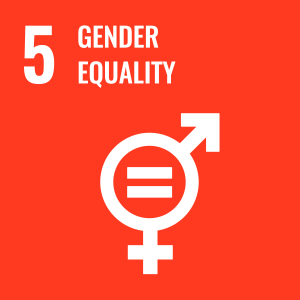Return-to-work programmes may have a hidden cost to women, according to study
Despite offering a path back to careers, returner programmes leave women vulnerable to wage gaps and limited advancement, according to new research from the University of Surrey.

Researchers explored experiences of professional women re-entering the workforce after taking time off for family reasons. The research focused on returner programmes – employer-sponsored initiatives designed to ease the transition back into professional roles.
The study reveals a complex picture. While returner programmes offer valuable support and mitigate some of the stigma associated with career breaks, they fall short of addressing persistent discrimination.
The study found a troubling paradox:
- Returner programmes may reduce the risk of immediate workplace stigma but don't address deeper issues.
- Women who successfully re-enter their professions often experience occupational downgrading and limited career progression. Notably, the research suggests this is particularly true in the private sector.
Dr Cecile Guillaume, lead author of the study, Reader in Work, Employment and Organisation Studies, and the Surrey Business School Director of Internationalisation, said:
"While returner programmes are a positive step in supporting women re-entering the workforce, our research suggests they have limitations. We found that these programmes can address some of the initial hurdles, but they don't dismantle the systemic inequalities that lead to occupational downgrading and hinder career progression for women. A multi-pronged approach that tackles both individual challenges and broader societal barriers is necessary to create a truly equitable workplace for all."
The research highlights the programmes' role in helping women overcome the stigma often attached to career gaps. Through supportive elements like coaching and mentoring, as well as access to professional networks, these programmes can empower women to re-enter their fields.
However, the study goes beyond simply identifying barriers; it also highlights the 'hidden costs' of returner programmes. Many participants reported significant financial investments to participate, such as interview training and professional certifications. Additionally, the research suggests that even with successful re-entry, women may face long-term career consequences.
The study emphasises the limitations of individual and organisational coping mechanisms. While these strategies may help women navigate daily workplace interactions, they don't dismantle systemic inequalities.
Dr Cecile Guillaume continued:
"There is a need for broader societal shifts to address structural and cultural barriers that continue to disadvantage women returning to work. Only then can we create a truly inclusive and equitable workplace for women at all stages of their careers."
This study has been published in the journal of the British Sociological Association
###
Note to editors:
- Dr Cecile Guillaume is available for interviews upon request.
- For more information, please contact the University of Surrey's press office via mediarelations@surrey.ac.uk.
Related sustainable development goals

Featured Academics
Media Contacts
External Communications and PR team
Phone: +44 (0)1483 684380 / 688914 / 684378
Email: mediarelations@surrey.ac.uk
Out of hours: +44 (0)7773 479911
